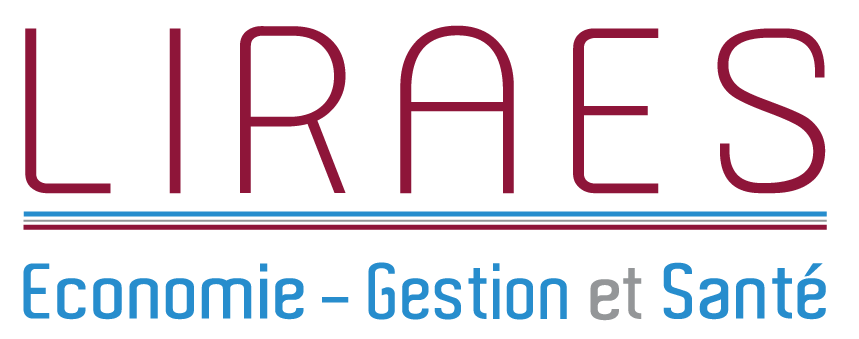Auteurs : MC. Fagart, I. Matera, M. Ropaul, L. Roussey
Abstract: This article studies the Nash equilibrium of a simultaneous game with two players: a dependent elderly person (the parent – he) and his caregiver (the child – she). Both are altruistic, can transfer money to each other, and can provide the parent with long-term care, the parent by purchasing formal care on the market and the child by providing unpaid informal care. The Nash equilibrium can take three different forms as regards money transfers: the parent (resp. the child) makes a money transfer to the child (resp. the parent) if he (resp. she) is sufficiently richer than his child (resp. than her parent),
otherwise there is no money transfer. Money transfers are thus used by players to keep the distribution of the family wealth and long-term care efforts within a frame that is « acceptable » from the playerspoints of view, but which can be very unfair from a regulator’s point of view. Analyzing how the Nash equilibrium is modified with marginal variations of the parameters yields surprising findings: the case can arise where a parent would rather a regulator taxed his income ex ante to enrich his child, or where a parent eligible for a lump sum public allowance would rather it was paid to his child instead of to himself. We show that the Nash equilibrium is generally not Pareto-efficient, except when the child makes a money transfer to her parent. Not all Pareto-efficient allocations can be decentralized through an ex ante public system of taxation/subsidies of long-term care efforts and ex ante lump sum transfers. To achieve Pareto-efficient allocations that can be decentralized, the regulator should subsidize informal care to reduce its opportunity cost.
Keywords
Long-term care, family transfers, altruism, Nash equilibrium, Pareto-efficient allocations, second-best allocations, taxation/subsidies of long-term care
Classification JEL
D1, D6, H21, H31, I1
